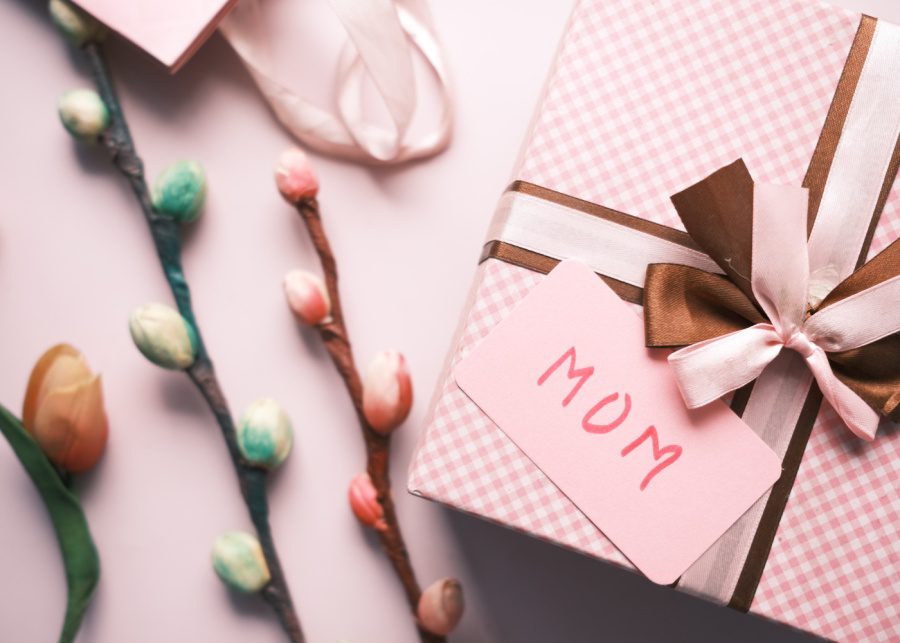
What’s it like surviving the loss of a loved one with breast cancer? Martha shares her mother's journey, the emotional toll it took, and the lessons learned about love and resilience.
I have yet to meet someone whose life has not been touched by cancer. As the child of someone who battled breast cancer twice and ultimately lost their life from it, I have witnessed firsthand the profound impact this disease can have on a person’s sense of self, self-esteem, and sexuality.
Lessons in Strength: Navigating life after a loved one’s breast cancer journey

When I was 19, my mother received a breast cancer diagnosis. Initially, my mother was scheduled for a simple biopsy, but she woke up to discover that her breast had been removed. I vividly remember visiting her in the hospital, shocked and saddened to see her vomiting and crying simultaneously. During that moment, I recall the medical staff promptly and sternly informing my younger sister and me that we would have a lifelong risk of developing breast cancer.
As an immature 19-year-old who had never experienced intimacy, I couldn’t comprehend the significance of losing a breast. However, I now understand that it represents so much more than just a body part. As a resident sexologist at the Singapore Cancer Society, I have engaged in numerous conversations with women who have shared that their breasts symbolise health, confidence, femininity, wholeness, sexiness, desirability, and normalcy.
The toll this nasty disease took on my mother was unbearable

During my upbringing, my mother displayed no shyness or shame about her naked body. She would confidently walk back and forth between the bedroom and bathroom. My sister and I would playfully tease her about her lack of modesty. I distinctly recall her response, “I will not be shamed. Both of you came from me. This is my house. I have nothing to be ashamed about.”
This was my mother: outspoken, independent, strong-willed, and entirely different from other mothers I knew. After her breast removal surgery, my mother was never quite the same person. She always covered up her scarred breast (and later her reconstructed breast). For the next 15 years, I never saw her naked. Despite her breast cancer being in remission for 10 years, she frequently referred to herself as disabled. Unfortunately, her breast cancer returned as stage four while I was pursuing my doctorate in human sexuality in San Francisco.
It took me years to understand my aloof reaction

Although my mother didn’t want to burden me with her struggles, I sensed that something was amiss when one of my aunts messaged me, expressing concern for my mom. When my mother finally confided in me about her relapse, I appeared uncaring and emotionless.
In retrospect, I knew that deep down, I was terrified of losing her. I feared saying the wrong thing, provoking her or exacerbating her condition. As a result, I distanced myself further from my mother (we never had a close relationship).
A quick backstory on our relationship: we engaged in a push-pull dynamic for a long time due to our shared similarities. I criticised her for not being the mother I believed I deserved, and I hesitated to share my thoughts and feelings with her due to her intrusive nature. Eventually, I realised that I needed to break down the walls I had built over the years, mend our relationship, and heal before it was too late. Taking small steps, I gradually allowed her back into my life, and as a result, all my walls came down.
I realised that the mother that I was scared of and resented when I was young wasn’t the same woman anymore. How long was I going to be all self-righteous and unforgiving as if there was anything to forgive? She did the best she could with the knowledge she knew.
My mother did everything she humanly could to live as long as she could

My father can’t remember how many rounds of radiation and chemo mom underwent, but it was at least four. She fought stage four breast cancer for close to ten years. I know she tried many things. She literally became weaker and shrunk each time I saw her in her last year. Anticipatory grief is a real thing. I found myself crying when housesitting because I couldn’t cry in front of her. What right did I have to cry when I wasn’t the one with cancer? I told myself I wouldn’t cry when she died because death would finally be a relief, and surely, she suffered enough, but I was wrong.
Losing my mother was the biggest heartbreak of my life. I realize I never truly understood grief. She was the bravest and strongest person I know, and I am proud to be her daughter.
My advice for those who love somebody with cancer is to let go of who’s right or wrong and allow the past to remain in the past. They almost always don’t seek your pity or share everything they think or feel. They wouldn’t want you to worry excessively. Instead, focus on the living being still in front of you. Be there for them as much as you can because what you have is the present. And don’t forget to take care of yourself too. It’s a journey best navigated together, supporting one another every step of the way.

